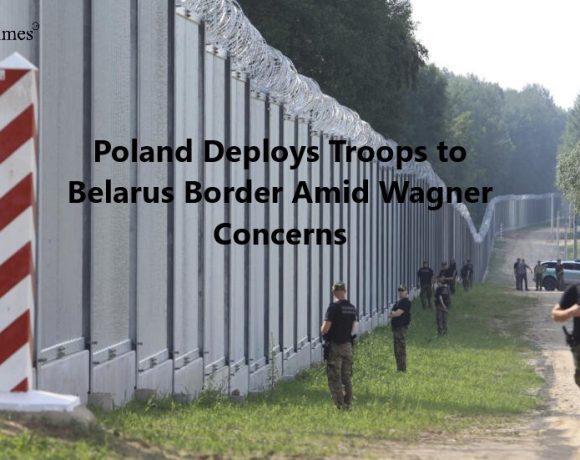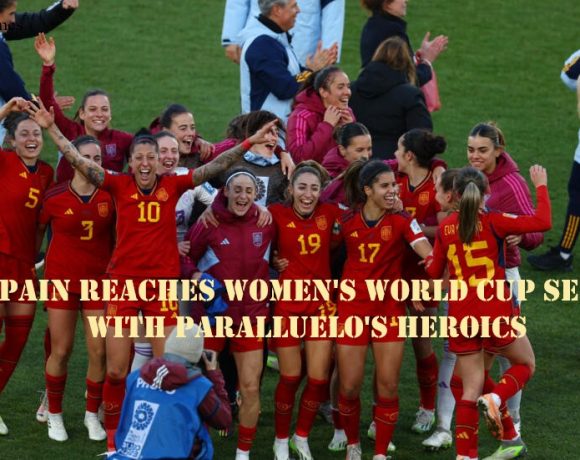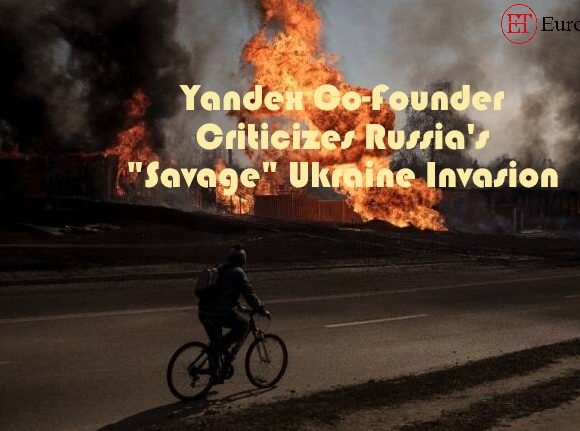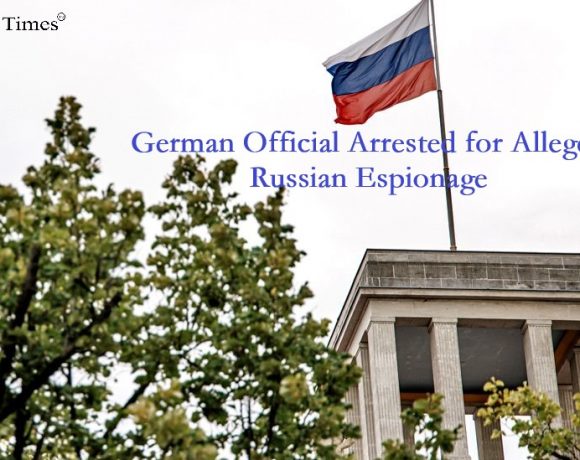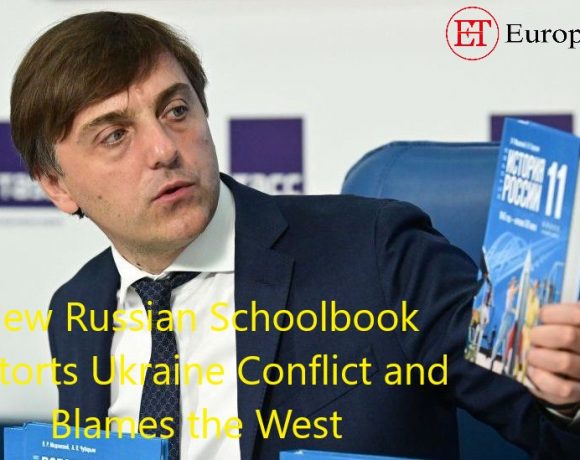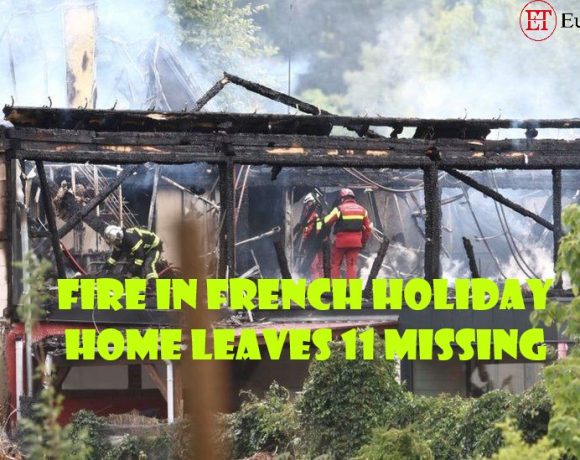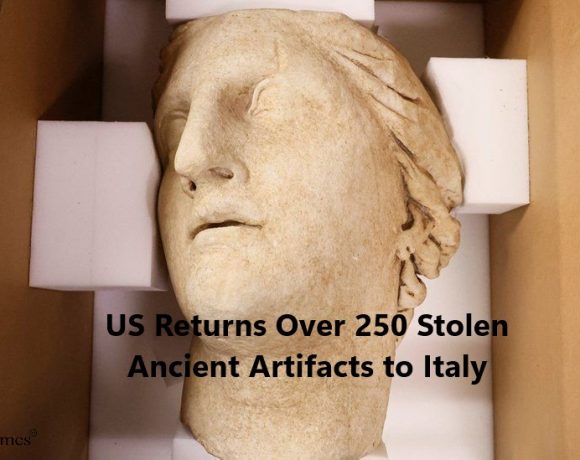
Over 250 ancient artifacts, which had been stolen and sold to US museums and collectors in the 1990s, have been repatriated by the United States to Italy.
The art division of Italy’s police force identified the looted items, which include pottery, paintings, and sculptures dating back as far as 3,000 years. Some mosaics are valued at tens of millions of euros. The pieces hail from various historical periods such as the Villanovan age, Etruscan civilization, Magna Graecia, and Imperial Rome.
Most of the artifacts were pilfered in the 1990s and eventually circulated through dealers. While some were believed to have been offered to the Menil Collection in Texas, the museum denied having them in their possession. The artifacts were voluntarily returned by the owner after authorities linked them to illegal archaeological site excavations.
Furthermore, around 145 of the retrieved pieces originated from the bankruptcy case of Robin Symes, an English antiques dealer involved in an illegal trading network. Italy’s ongoing efforts to locate and recover stolen antiquities led to this successful repatriation, following a similar return of stolen art from New York in 2022.
Picture Courtesy: Google/images are subject to copyright


